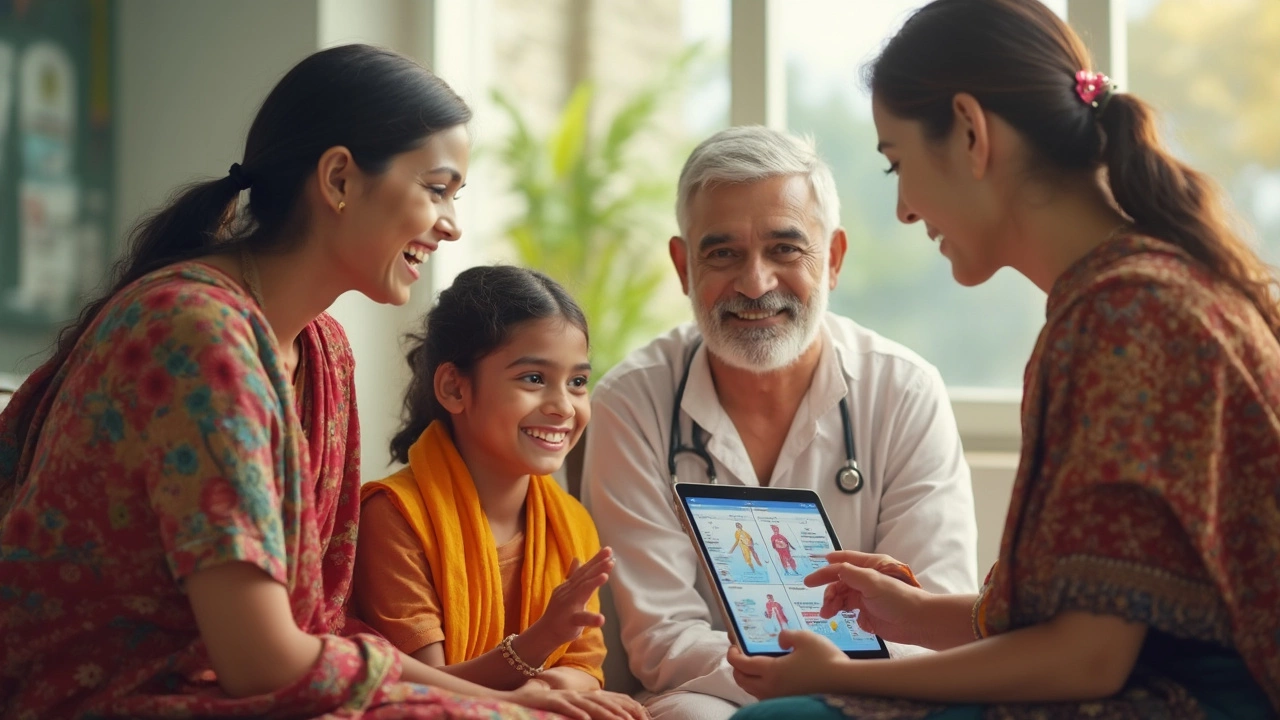Early Detection: Catching Health Problems Before They Grow
Ever notice a tiny change in your body and think, ‘Probably nothing’? That tiny change could be a clue that something bigger is starting. Acting on it early is the fastest route to better health, especially for serious illnesses like cancer.
In India, many people wait until symptoms become severe before seeing a doctor. The result? Longer treatment, higher costs, and tougher recoveries. The good news is that spotting issues early can turn a scary diagnosis into a manageable one.
Key Signs to Watch For
Not every ache means a disease, but some patterns scream “check me out.” Here are the most common red flags:
- Unexplained weight loss: If you’re shedding pounds without trying, it could signal a hidden problem, especially cancers of the stomach, pancreas or lungs.
- Persistent pain: New or worsening pain that lasts more than a few weeks—especially in the abdomen, back or joints—deserves a check‑up.
- Changes in skin: New moles, dark spots or sores that don’t heal might be skin cancer. Look for asymmetry, border irregularities, color changes and size growth.
- Unusual bleeding: Blood in urine, stool, or coughing up blood is never normal. It can signal kidney, colon, or lung issues.
- Constant fatigue: Feeling drained all the time, even after sleep, can be a sign of blood‑related cancers or thyroid problems.
Our own article on the "Top 3 Deadliest Cancers" explains why spotting these signs early can dramatically improve survival rates.
Simple Screening Steps You Can Do Today
Screenings are quick, cheap, and often covered by Indian health schemes. Here’s a short list you can start right away:
- Blood pressure check: Do it at a pharmacy or use a home monitor. High numbers raise the risk of heart disease and stroke.
- Blood sugar test: A simple finger‑prick tells you if you’re heading toward diabetes, a condition that can hide other illnesses.
- Cervical smear (Pap test): For women over 21, this can catch pre‑cancerous cells years before they turn serious.
- Colon cancer screening: A stool‑based test at age 45 (or earlier if you have a family history) can find polyps before they become cancer.
- Breast self‑exam: Spend a few minutes each month feeling for lumps. If you notice anything odd, book an ultrasound.
Remember, early detection isn’t just about big tests. Simple habits—like noting any new symptoms in a journal—help doctors see the full picture fast.
If you’ve ever worried about stage 3 vs stage 4 cancer, our "Stage 4 vs Stage 3 Cancer: What’s Really Worse?" post breaks down why catching cancer at stage 1 or 2 is a game‑changer. The same logic applies to heart disease, diabetes, and even infections.
Take the next step today: set a reminder to book a basic health check, share this checklist with family, and watch for those warning signs. Early detection isn’t a one‑time event—it’s a habit that saves lives, reduces costs, and keeps you active for the people you love.
Got a question about a specific symptom? Drop a comment below or talk to your doctor. The sooner you act, the better the outcome.






